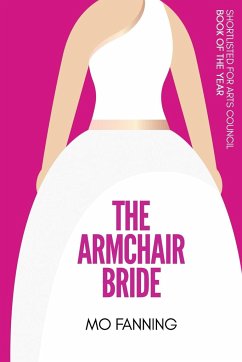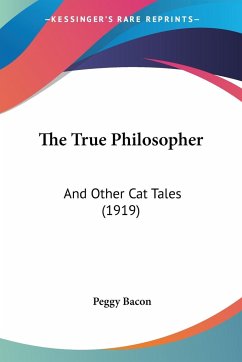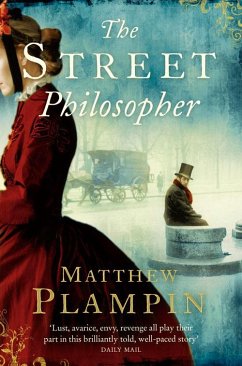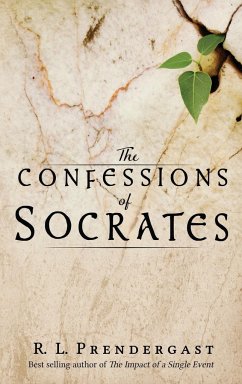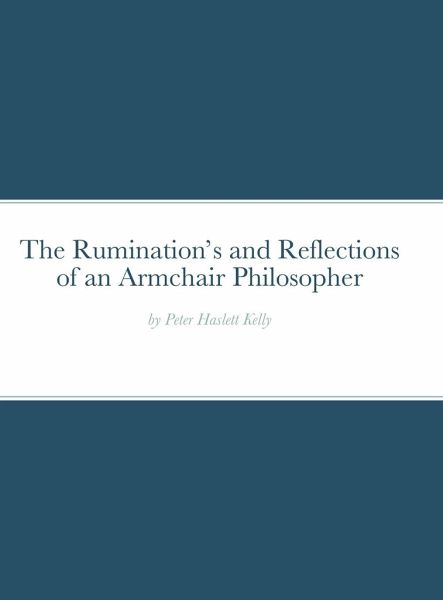
The Ruminations and Reflections of an Armchair Philosopher

PAYBACK Punkte
13 °P sammeln!
The goal of this book is to encourage the reader to think and laugh. Utilizing common sense, humor, and wit, this book follows in a long tradition of Armchair Philosophy, written specifically for the general public. Thomas More's Utopia is a fine example of Armchair Philosophy. In it, he tried to envision a nation in the New World built on common sense and common courtesy. In English, the prose is pure poetry, and the humor is magical. Bertrand Russell published The History of Western Philosophy out of a concern that Western Philosophy had become too arcane and intellectual to be relevant to t...
The goal of this book is to encourage the reader to think and laugh. Utilizing common sense, humor, and wit, this book follows in a long tradition of Armchair Philosophy, written specifically for the general public. Thomas More's Utopia is a fine example of Armchair Philosophy. In it, he tried to envision a nation in the New World built on common sense and common courtesy. In English, the prose is pure poetry, and the humor is magical. Bertrand Russell published The History of Western Philosophy out of a concern that Western Philosophy had become too arcane and intellectual to be relevant to the general public. While academic, Russell's book is full of profound insights and humor. Armchair Philosophy is another approach to this challenge. This book is less than one hundred pages long because, in an era of sound bites and tweets, very few of us have the time or patience for a book that is longer. It uses a large book format and a type size that is easy to read, giving it a twenty-first-century look and feel. Finally this book explores the nature of being safe, using wit, humor, and common sense.







